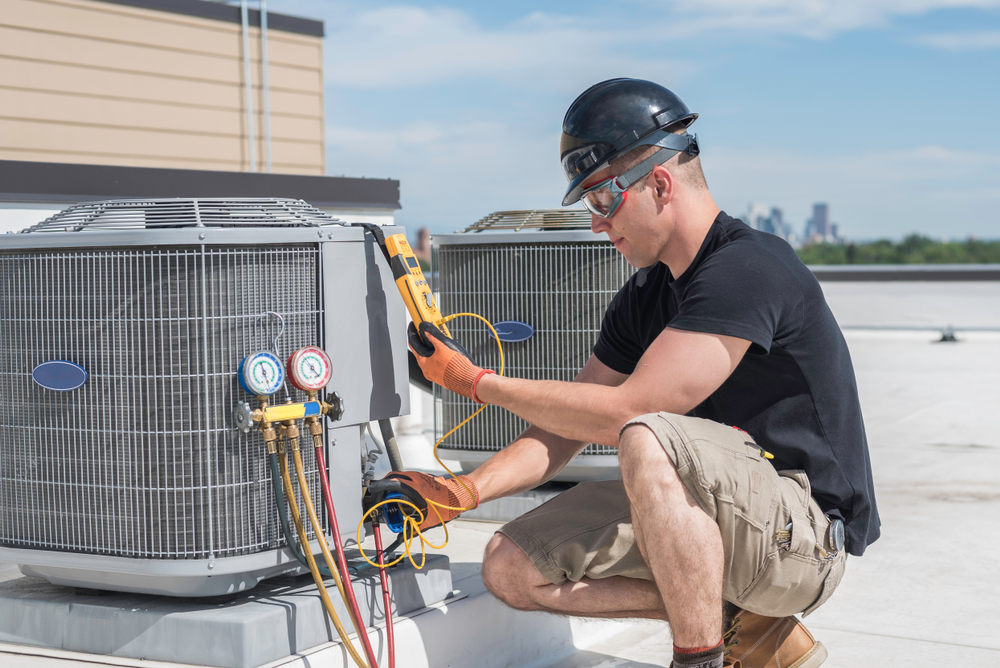The lifespan of an HVAC (Heating, Ventilation, and Air Conditioning) system can range depending on several factors, together with the kind of system, how well it is maintained, and the quality of the original set up. Here are some basic guidelines on how typically you might want to exchange your HVAC system:
Furnace: The common lifespan of a fuel or electrical furnace is usually round 15-20 years. With correct upkeep, a furnace can last longer, however it could become less energy-efficient as it ages.
Air Conditioner: Air conditioning items sometimes have an analogous lifespan to furnaces, round 15-20 years. Regular upkeep might help lengthen the life of your AC system.
Heat Pump: Heat pumps can last between 10 and 15 years. Their lifespan may be influenced by factors like local weather and the way usually they swap between heating and cooling modes.
Boiler: Boiler techniques are known for their sturdiness, they usually can final wherever from 20 to 35 years with proper maintenance. High-quality boilers are probably to have longer lifespans.
Ductless Mini-Split Systems: Ductless mini-split techniques can last 10-20 years or more. The high quality of the system and regular upkeep can have an effect on its longevity.
It's essential to note that these are rough estimates, and the precise lifespan of your HVAC system might differ. To maximize the life of your HVAC system and guarantee it runs effectively, regular upkeep is important. Annual or biannual check-ups by knowledgeable HVAC technician might help determine and address points before they turn out to be main issues.

When considering whether to exchange your HVAC system, a quantity of elements come into play:
Energy Efficiency: Newer HVAC techniques are often extra energy-efficient, which can result in decrease utility bills. Replacing HVAC services Caringbah , less environment friendly system with a extra moderen one may find yourself in cost financial savings over time.
Frequent Repairs: If your system requires frequent and costly repairs, it might be cheaper to replace it, especially if it is nearing the top of its expected lifespan.
Improved Comfort and Features: Newer HVAC techniques may supply better temperature management, improved indoor air high quality, and advanced options like smart thermostats and zoning capabilities, enhancing your total consolation and comfort.
Environmental Considerations: Older HVAC methods may use refrigerants or applied sciences which might be less environmentally pleasant. Upgrading to a extra eco-friendly system may be an ethical choice.
Home Renovations or Additions: If you're increasing your own home or present process major renovations, you might want to switch or upgrade your HVAC system to accommodate the elevated heating and cooling needs.
When considering a alternative, it's advisable to consult with an HVAC skilled who can assess your current system's situation, your specific needs, and supply recommendations based mostly in your price range and long-term goals. Replacing an HVAC system is a major funding, however it might possibly lead to improved comfort, energy financial savings, and peace of mind..
